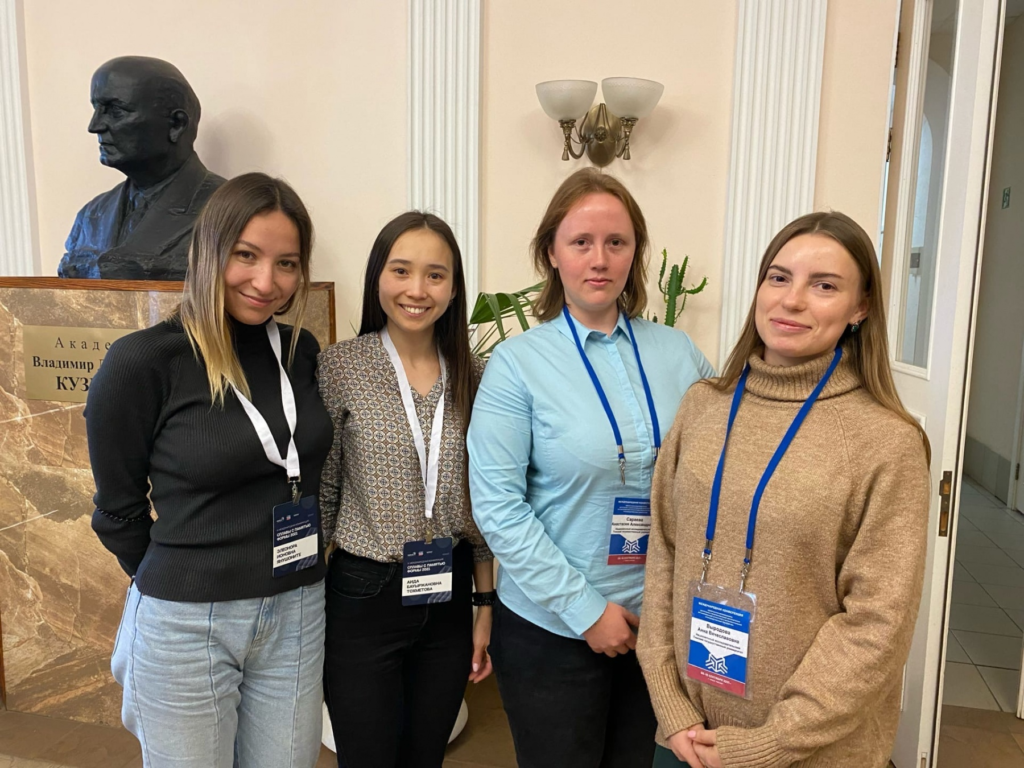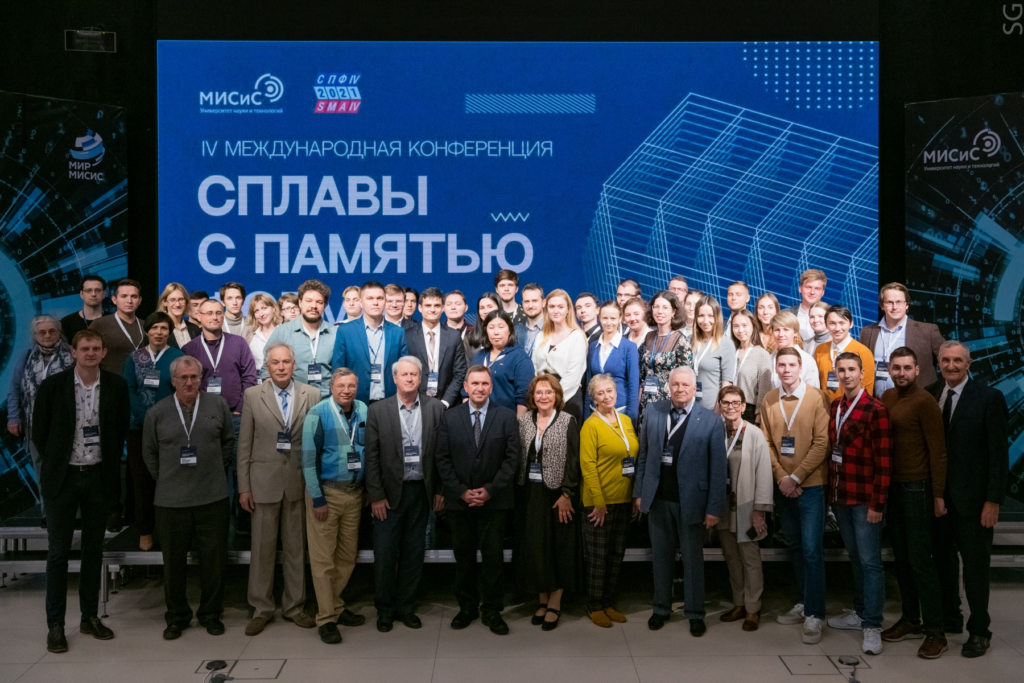
The scientists from the Laboratory for Physics of High-Strength Crystals, Tomsk State University, have achieved the highest cyclic stability of the elastocaloric effect in NiFeGa(Co) shape memory alloys for use in the industrial manufacturing. These alloys can be used to create solid-state cooling systems – safe and environmentally friendly installations, in particular, for household refrigerators and microsystem technology.
“Due to global warming and increasing demands to limit the use of ozone-containing substances, such as freons, in conventional refrigerators, developing eco-friendly alternative principles of cooling is an urgent issue,” explains Aida Tokhmetova, a scientist from the Laboratory for Physics of High-Strength Crystals, TSU, “The material must exhibit a significant cooling capacity, high reliability, stability, and durability to be used as the main element of a solid-state refrigerator.“
These characteristics are inherent to a novel NiFeGa(Co) alloy developed by scientists from the Laboratory for Physics of High-Strength Crystals, SPTI TSU, under supervision of Yuri Chumlyakov, head of the Laboratory, professor, doctor of physical and mathematical sciences. At present, scientists are testing this shape memory material under different loads and studying its functional characteristics, in particular, the elastocaloric effect. This effect implies the ability of shape memory alloys to change temperature during deformation as a result of reversible heat release or absorption during martensitic transformation under load.

As part of the research supported by the RSF grant (#20-19-00153) led by Elena Panchenko, doctor of physical and mathematical sciences, new experimental data on NiFeGa(Co) alloys were obtained. The scientists achieved a high cyclic stability of the elastocaloric effect. Along with this, during various temperature tests, physicists achieved material stability with reversible deformations of up to 15 percent, which is the world’s highest result.
“High cyclic stability is a necessary requirement for the repeated use of materials, both in refrigerators and in microsystem technology,” explains Elena Panchenko, the project leader.
The scientists presented the research results at the International Conference “Physical Mesomechanics. Materials with a Multi-level Hierarchical Structure and Smart Manufacturing Technologies.” Professor Yury Chumlyakov acted as a guest lecturer, and scientists and students presented seven oral and two poster presentations. Along with this, Elena Panchenko, Chief Researcher, and graduate students Aida Tokhmetova and Eleonora Janushonite took part in the International Scientific Conference “Shape Memory Alloys” (Moscow). They presented a plenary report and two oral reports on the research results and were awarded diplomas for the best reports.

Postgraduate students Anna Vyrodova and Anastasia Saraeva participated in the International Conference “Actual Problems of Strength” in Tolyatti and were awarded diplomas for the best research among young scientists. In 2021, Anna Vyrodova was among the 10 Russian young scientists who received Zhores Alferov scholarship, a well-known Soviet and Russian physicist, Nobel Prize winner in 2000. The scholarship is awarded for outstanding achievements in the fields of physics and nanotechnology. The innovations presented at these international conferences are the result of work carried out by scientists from SPTI TSU with the financial support of four RSF grants (project IDs: #19-19-00217, #19-49-04101, #20-19-00153, #21-19-00287).
Source: TSU Press Service.

